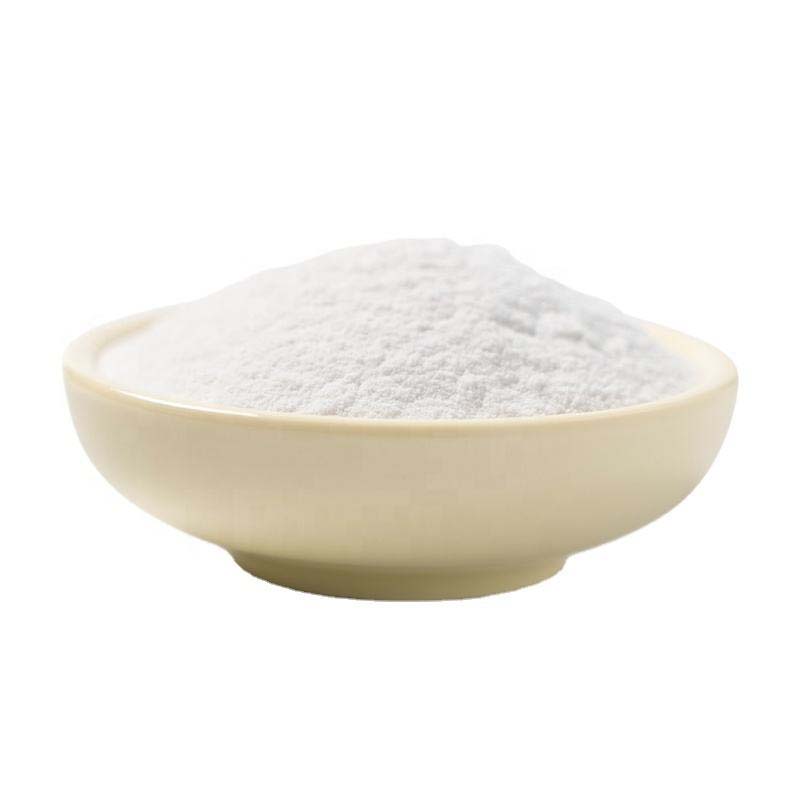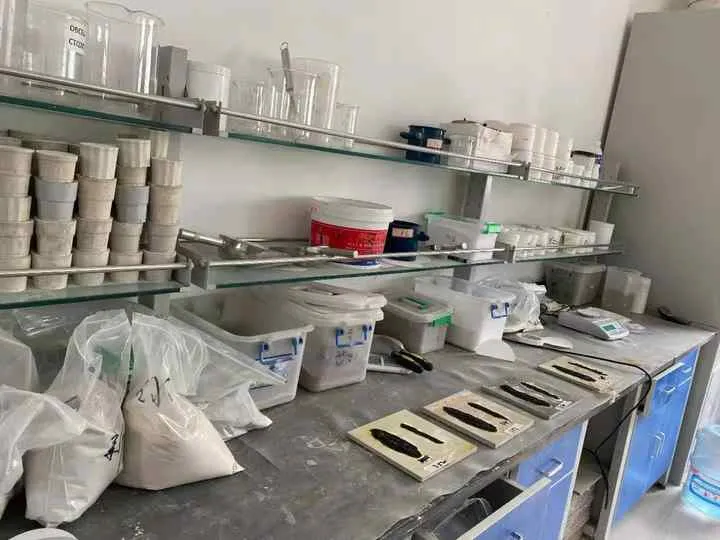PVA Polymer Versatile, Eco-Friendly & Cost-Effective Solutions
- Market Overview: Growth Trends & Price Dynamics of PVA Polymer
- Technical Superiority: Performance Metrics vs. Competing Materials
- Supplier Comparison: Cost-Efficiency Across Leading Manufacturers
- Customization Strategies: Tailoring PVA Polymer for Industry Needs
- Application Scenarios: Real-World Use Cases in Multiple Sectors
- Environmental Impact: Biodegradability & Regulatory Compliance
- Future Prospects: Innovations in PVA Polymer Technology

(pva polymer)
Understanding PVA Polymer: Market Dynamics and Cost Factors
The global PVA polymer market is projected to grow at a CAGR of 6.8% through 2030, driven by its expanding use in packaging and textile industries. Current pricing ranges between $2,800-$3,400 per metric ton, influenced by:
- Raw material fluctuations (vinyl acetate monomer costs)
- Regional production capacities (Asia dominates 68% of supply)
- Grade-specific variations (industrial vs. pharmaceutical)
Recent data shows North American manufacturers operate at 92% capacity utilization, while European producers face 18% higher energy costs impacting PVA polymer price competitiveness.
Technical Advantages Over Alternative Polymers
PVA polymers demonstrate unique characteristics compared to conventional materials:
| Property | PVA Polymer | PVC | PET |
|---|---|---|---|
| Water Solubility | Yes | No | No |
| Tensile Strength (MPa) | 40-60 | 25-50 | 55-75 |
| Degradation Time | 30-90 days | 500+ years | 450+ years |
Supplier Landscape: Key Manufacturers Analyzed
A comparative analysis of major PVA polymer producers reveals distinct market positions:
| Manufacturer | Price/ton ($) | Key Markets | Specialization |
|---|---|---|---|
| Kuraray Co. | 3,150 | Pharmaceuticals, Electronics | High-purity grades |
| Sinopec | 2,850 | Textiles, Adhesives | Bulk industrial supply |
| DuPont | 3,400 | Packaging Films | Barrier coatings |
Custom Formulation Development Process
Specialized PVA polymer uses require tailored solutions through:
- Molecular weight adjustment (13K-130K Da range)
- Hydrolysis level customization (87-99.9%)
- Additive integration (plasticizers, crosslinkers)
Case study: A paper coating manufacturer achieved 22% faster dissolution rates by optimizing the polymer's degree of hydrolysis from 92% to 88%.
Industrial Applications: Sector-Specific Implementations
Practical implementations demonstrate versatility:
- Construction: Cement additive improving flexural strength by 18%
- Textiles: Warp sizing agent reducing yarn breakage by 40%
- Medical: Controlled-release drug capsules with 99.3% API delivery
Sustainability Profile and Regulatory Status
PVA polymers meet stringent environmental standards:
- OECD 301B biodegradation certification
- FDA 21 CFR §177.1670 compliance
- REACH registration completed for EU market
Advancements in PVA Polymer Production Technologies
Emerging production methods enhance PVA polymer capabilities:
- Continuous bulk polymerization reducing energy use by 35%
- Nano-composite variants with 2.7x barrier improvement
- Bio-based production routes achieving 78% renewable content

(pva polymer)
FAQS on pva polymer
Q: What is PVA polymer?
A: PVA (Polyvinyl Alcohol) polymer is a water-soluble synthetic polymer made from polyvinyl acetate. It is widely used in adhesives, coatings, and films due to its biodegradability and non-toxic properties.
Q: What factors influence PVA polymer price?
A: PVA polymer prices depend on raw material costs, production scale, market demand, and regional supply chains. Fluctuations in petroleum prices may also impact costs indirectly.
Q: What are common uses of PVA polymer?
A: PVA polymer is used in packaging films, textile sizing, paper coatings, and adhesives. It is also employed in medical applications like drug delivery systems and contact lenses.
Q: How does PVA polymer compare in price to other polymers?
A: PVA polymer is generally more expensive than commodity plastics like polyethylene but competitive with specialty polymers. Prices vary based on purity, grade, and application-specific formulations.
Q: Is PVA polymer environmentally friendly?
A: Yes, PVA polymer is biodegradable and non-toxic, making it suitable for eco-friendly packaging and water-soluble products. However, degradation rates depend on environmental conditions.
-
The Versatile World of Carboxymethyl Cellulose Solution for Industrial SolutionsNewsJul.23,2025
-
Reliable Redispersible Polymer Powder Options for Professional BuildersNewsJul.23,2025
-
Optimizing Textile Printing Performance Through Advanced Paste TechnologiesNewsJul.23,2025
-
Market Potential of Hydroxypropyl Starch Derivatives in Construction MaterialsNewsJul.23,2025
-
Innovative Applications of HEmc Cellulose in Modern IndustriesNewsJul.23,2025
-
Hpmc Gel Powder Adhesive Building ExcellenceNewsJul.23,2025








